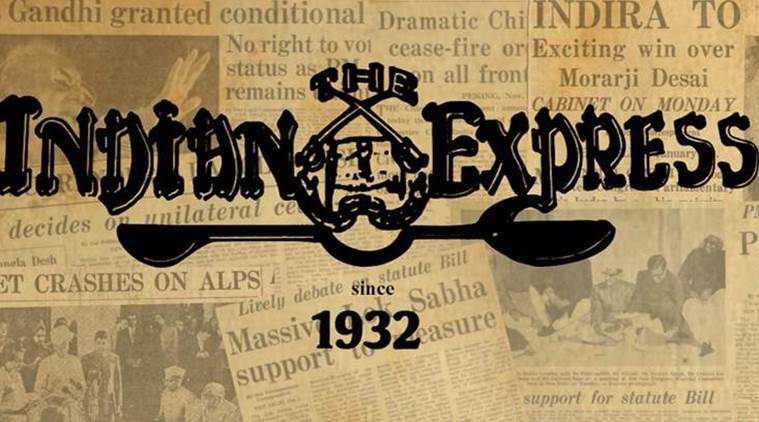Opinion Yesterday, once more
The expulsion of Russian diplomats by Western powers recall the Cold War era though the theatres of conflict have changed
 Delhi’s residents have been remarkably stoic, even when they have disapproved of the way the city’s authorities manage the environment.
Delhi’s residents have been remarkably stoic, even when they have disapproved of the way the city’s authorities manage the environment.  One interesting standout of the ongoing confrontation is how May, despite Brexit, has managed to rally Europe against Russia.
One interesting standout of the ongoing confrontation is how May, despite Brexit, has managed to rally Europe against Russia.
The mass expulsion of Russian diplomats by the US and more than 20 of its allies in Western Europe has brought relations between the two sides to their lowest point since the end of the Cold War. The move crucially backs the Theresa May government in the UK, which took similar action following the poisoning of a former Russian spy and his daughter resident in that country, in an operation blamed on Russian intelligence — the Russians have denied it. The ex-spy had earlier been jailed in Russia on charges of selling national secrets to Britain, which bought him his freedom in a prisoner swap deal between the two countries. Relations between Russia and the West have been in free fall since 2014 when Russian military forces walked into Crimea, forcing a chain of events that led to Crimea seceding from Ukraine. Western sanctions against Russia followed. For its part, Russia has made clear it does not recognise any more the rules of the game as laid down by the West, and is no more on the same page on the big issues that face the world, for instance in Syria.
The latest developments hark back to the Cold War years. But the current standoff between Russia and the US-UK-Europe today is not really what it used to be 30 years ago — dark, menacing but with some measure of predictability. This time around, there are many imponderables. For one, US President Donald Trump has made no secret of his liking for Russian President Vladimir Putin. One of Trump’s main foreign policy goals when he took over was to improve relations with Russia. And it is telling that while he signed off on the expulsions, he is yet to make any public remarks on the developing confrontation. But it is unclear if Putin will return the love. Last July, Russia ordered the US to downsize its embassy in Moscow, in retaliation for the sanctions. Second, Russia is accused of having interfered in the US election, and the Trump campaign is being investigated for alleged collusion in this. Third, the rules of engagement have not yet been fully determined by the parties, given the new theatre of confrontation — cyberspace.
One interesting standout of the ongoing confrontation is how May, despite Brexit, has managed to rally Europe against Russia. It should reassure Britain that it still has some influence left in world capitals.




